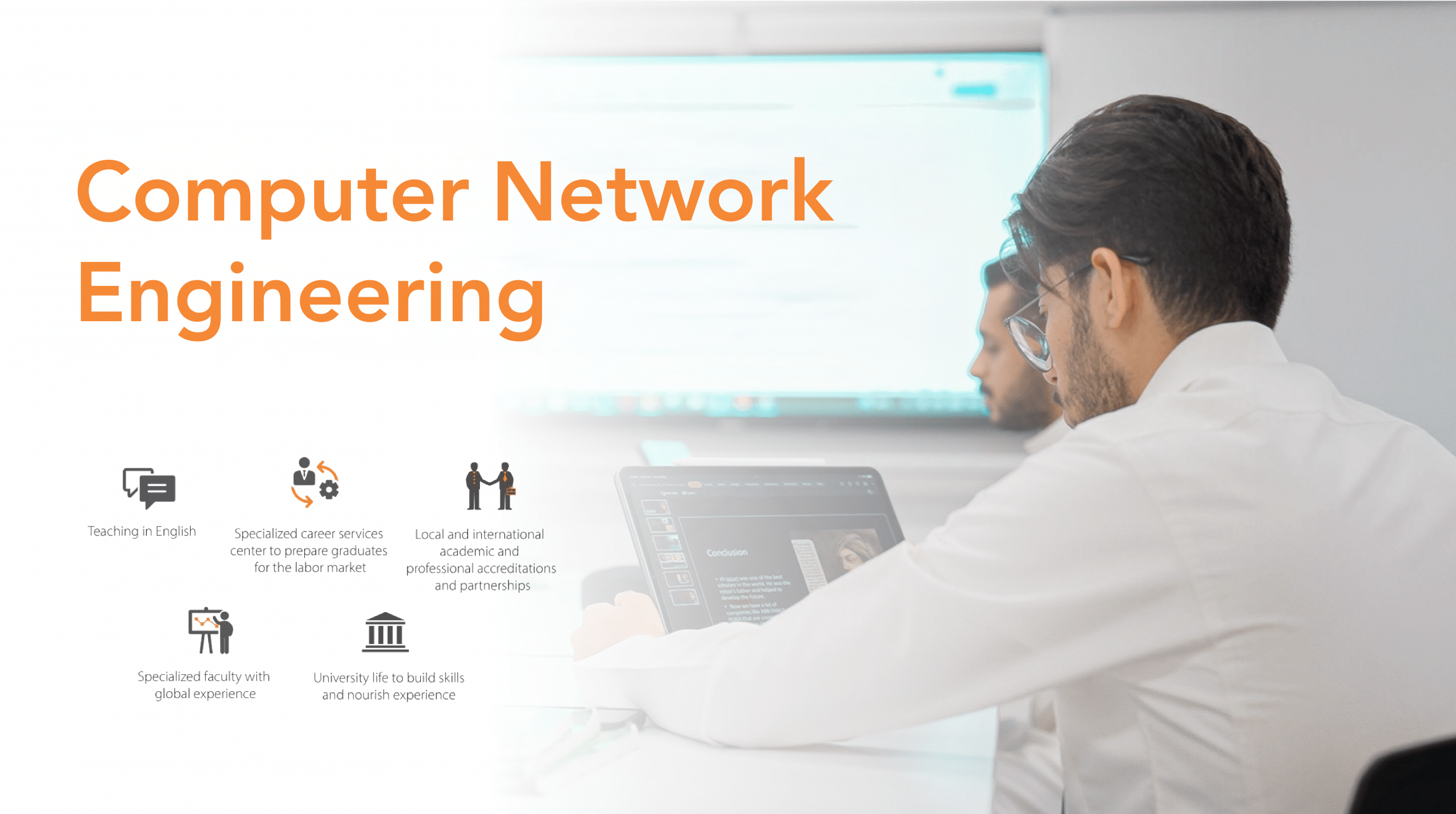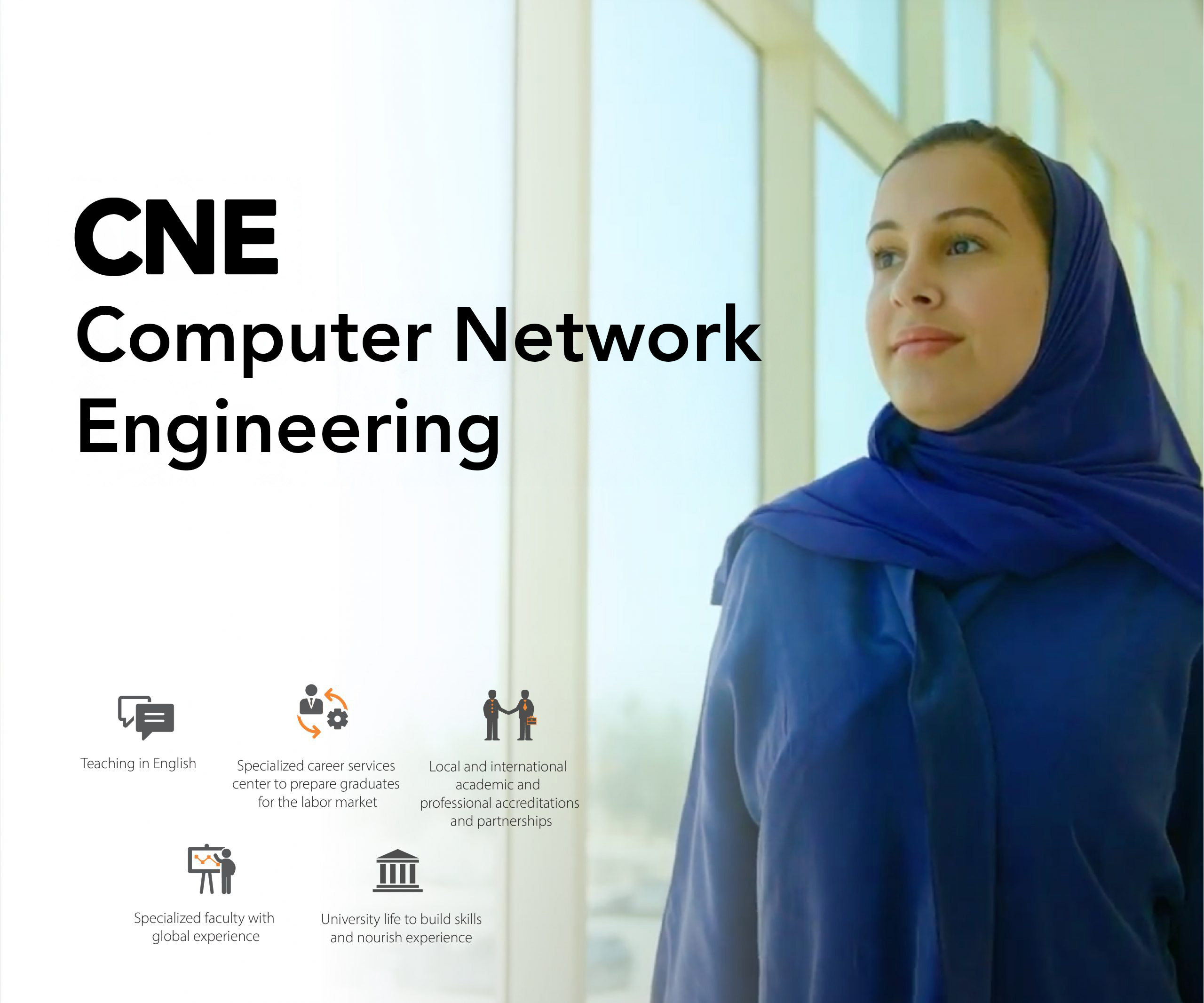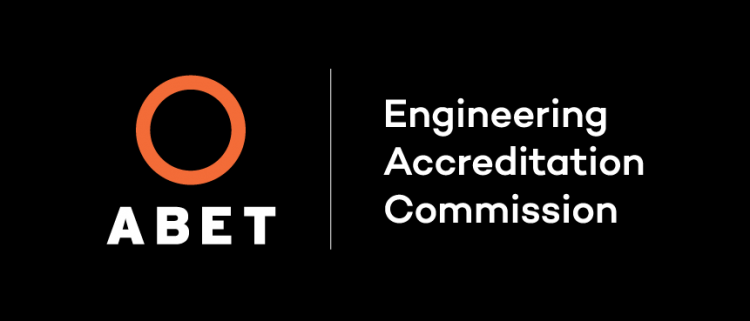


Program Information
The Bachelor of Science in Computer Network Engineering (BCNE) at Al Yamamah University is an ABET-accredited program that meets the standards of the Saudi Ministry of Education and Saudi Council of Engineers. It uniquely combines both areas of ‘Computer Networks’ and ‘Network Security’, offering students a competitive edge in the job market. The curriculum covers cutting-edge topics in both fields, including data communications, enterprise networking, IoT, cloud computing, cybersecurity, digital forensics, and ethical hacking. This comprehensive approach ensures graduates are well-equipped with the latest knowledge and tools used in the industry, making them highly marketable in the rapidly evolving field of network engineering and security. Graduates can pursue roles such as System Administrator, Enterprise Network Architect, Wireless Network Engineer, Security Officer, Forensic Scientist, Cloud Administrator, or Software Developer, among many others. The program’s dual focus on networks and security ensures students are well-prepared for the diverse and evolving demands of the IT industry.
ABET Accreditiation
The Computer Network Engineering program is accredited by the Engineering Accreditation Commission of ABET, under the commission’s General Criteria with no applicable program criteria.
Major Required Courses
Study Plan
Study Plan
Course Description
Admission Requirements
Al Yamamah University 2023 ©
